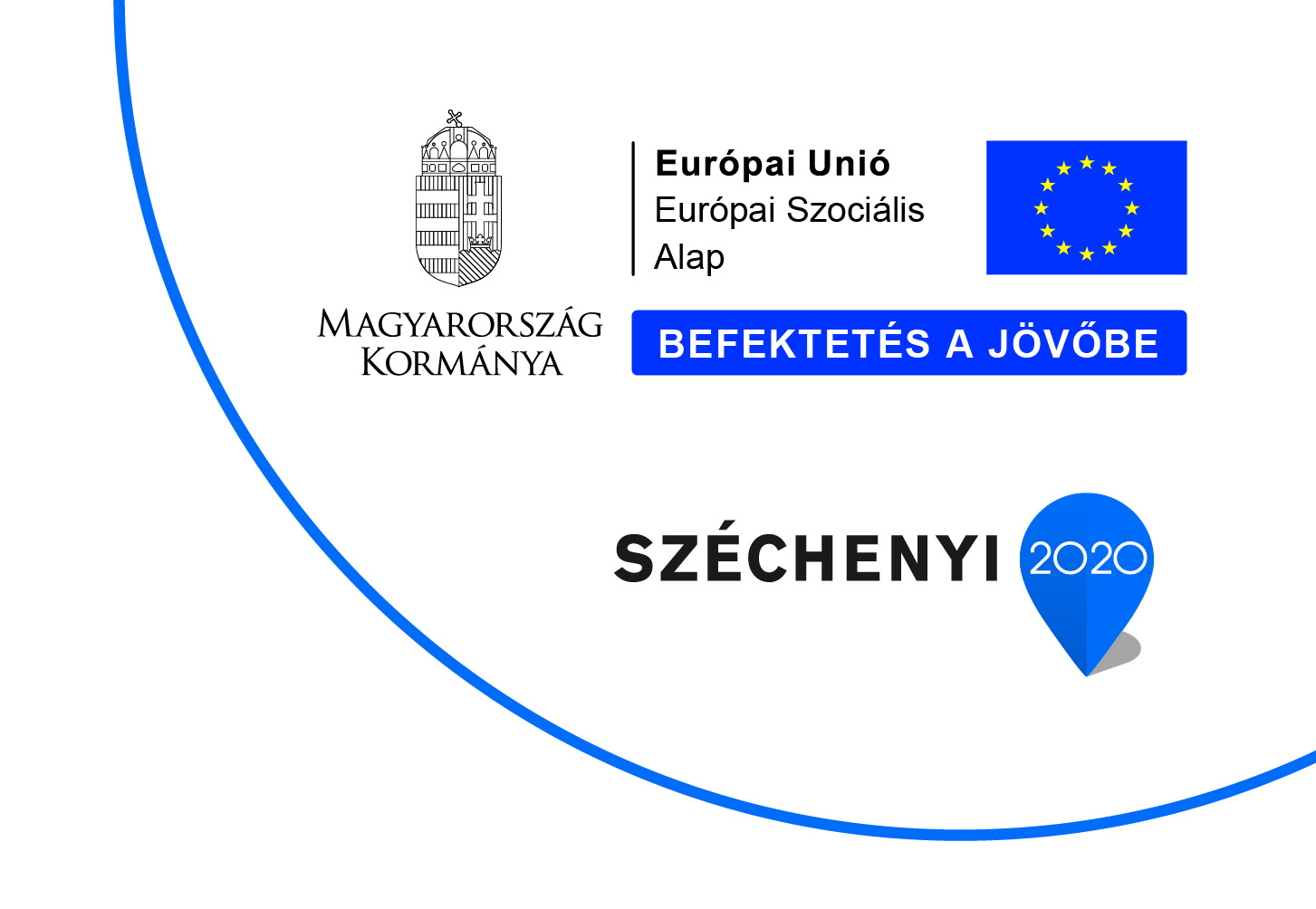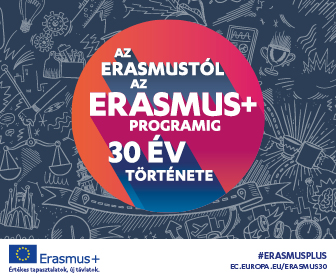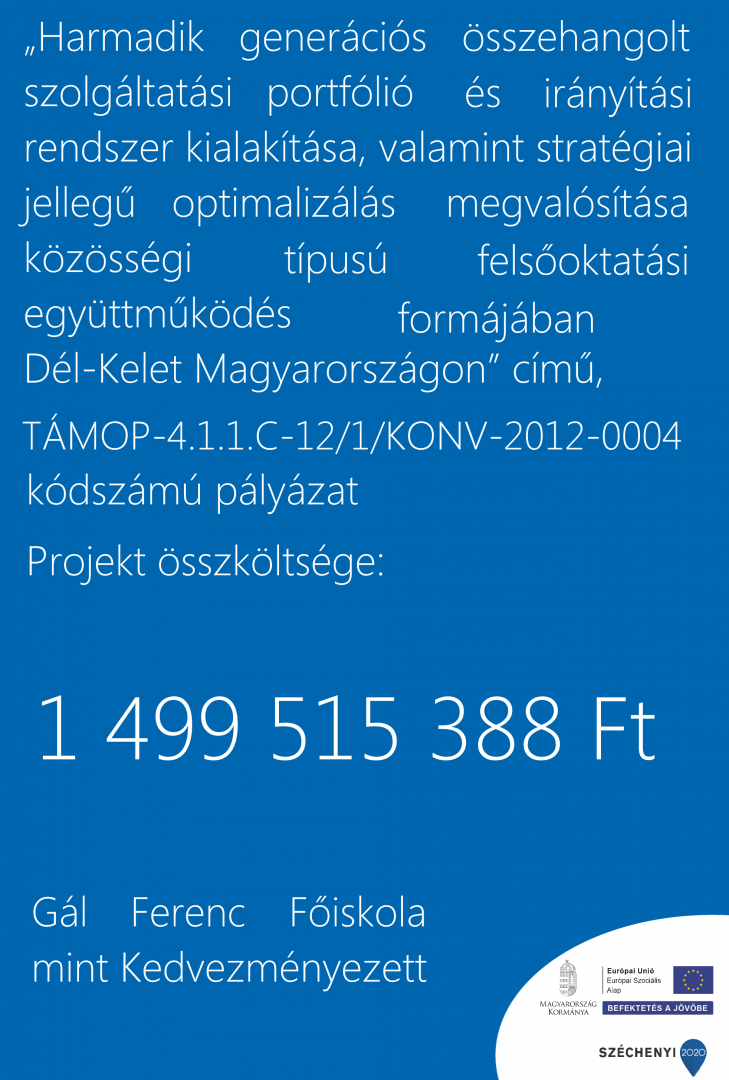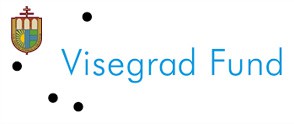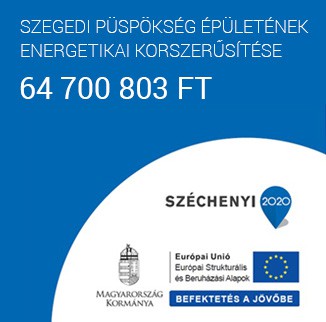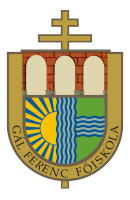 |
Faculty of Theology |
School year: 2019/2020.
|
Course |
Class per week |
Credits |
Medium language |
Short description of the course |
|
Chapter in Christian Culture History |
5 |
5 |
English |
The course introduces students to some of the major historical tenets of European Christian history. The discussion is geared towards the development of European Christian history, its major historical characters with a special focus on Hungarian Christian history. The topics covered among others include 11th and 12th century historical events. It will be highlighted how the introduction of Christianity all over Europe exerted an influence on the development of history. |
|
Christianity as Community |
5 |
5 |
English |
This course explores Christian theology in its historical and contemporary cultural context. The course will examine the life of the most important denominations in Hungary from theoretical and practical points of view. After every two or three classes we join to a liturgical event of a Christian church in Szeged. |
|
Hermeticism and mysticism |
5 |
5 |
English |
1. The problem of definition: Hermetica, Hermetic tradition, Hermeticism, mysticism 2. Hermes Trismegistus and the Hermetic texts 3. The Corpus Hermeticum: origins, language and the main philoosophical problems 4. The Latin Asclepius: the structure of the texts, its main questions. The Asclepius in the middle ages 5. The nature of Hermetic philosophy. (CH. I.; CH. VII., CH. X.) 6. The Hermetic initiation (CH. XIII.) |
|
Educational Psychology |
5 |
5 |
English |
1) Principles and techniques associated with various instructional strategies 2) Learning theory, curriculum development, and student development 3) The use of this knowledge in planning instruction to meet curriculum goals 4) Influences of individual development, experiences, talents, prior knowledge, language, culture, gender, family, and community on student learning 5) Principles of human motivation and behavior |
|
Foreign language vocab acquisition |
5 |
5 |
English |
The construct ‘vocabulary’ is put under scrutiny from several perspectives: how words must be taught in the classroom, how vocabulary develops in the language learning process, what strategies should be applied in order to learn vocabulary efficiently, how broad and deep word knowledge must be in order to comprehend FL texts and how vocabulary ought to be assessed |
|
English as a foreign language |
2 |
2 |
English |
Acquisition of the basis of English vocabulary and syntax |
|
German as a foreign language |
2 |
2 |
German |
Acquisition of the basis of German vocabulary and syntax |
|
Italian as a foreign language I., II., III., IV. V. VI. - Olasz |
2 |
2 |
Italian |
Acquisition of the basis of Italian vocabulary and syntax |
|
Church Latin I., II. |
2 |
1 |
Latin |
Acquisition of the basis of Latin vocabulary and syntax used in liturgical events |
|
Elementary Greek |
1 |
1 |
Greek |
Acquisition of the basis of Greek vocabulary and syntax |
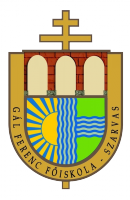 |
Faculty of Pedagogy |
School year: 2019/2020.
|
Course |
Class per week |
Credits |
Medium language |
Short description of the course |
|
German language and communication |
3 |
3 |
German |
Grammar and vocabulary practice |
|
German kindergarten methodology |
2 |
2 |
German |
The methodology of the application of German language in nationality kindergartens |
|
German nationality competence |
2 |
2 |
German |
The sociography of German minority in Hungary |
|
Slovakian language and communication |
3 |
3 |
Slovakian |
Slovakian and vocabulary practice |
|
Slovakian kindergarten methodology |
2 |
2 |
Slovakian |
The methodology of the application of Slovakian language in nationality kindergartens |
|
Slovakian nationality competence |
2 |
2 |
Slovakian |
The sociography of Slovakian minority in Hungary |
|
Romanian language and communication |
3 |
3 |
Romanian |
Romanian and vocabulary practice |
|
Romanian kindergarten methodology |
2 |
2 |
Romanian |
The methodology of the application of Romanian language in nationality kindergartens |
|
Romanian nationality competence |
2 |
2 |
Romanian |
The sociography of Romanian minority in Hungary |
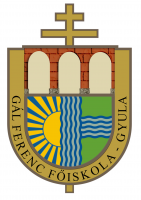 |
Faculty of Health and Social Sciences Institute of Health Science in Gyula |
School year: 2019/2020
In Gyula at the Faculty of Health and Social Sciences, high-quality foreign language courses are being developed and they will soon be on offer for our incoming international students.
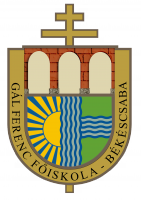 |
Faculty of Economics |
School year: 2019/2020.
|
Course |
Class per week |
Credits |
Medium language |
Short description of the course |
|
Presentation Skills |
2 |
4 |
English |
Presentation Skills are an integral part of 21st Century Skills, a fundamental requirement of skills for learners and professionals of all levels. The course provides explicit guidelines on how to structure and convey their messages effectively, efficiently and creatively. The course focuses on three areas: function, content and form. By completing the course learners are able to develop their own unique set of presentation skills. The level of English required is CEFR B1. |
|
Global Issues |
2 |
4 |
English |
Social, Political, Economic and Environmental Issues that affect us all. The course focuses on the most significant global economic challenges faced by the world today. The specific choice of topics could be tailored to the specialisation and background of the participants. Examples of the issues to be addressed are global economy, the future of the EU, populism and modern communication, food safety, social inclusion, climate change and environmental challenges, poverty, the internet and digitalisation, infrastructure and development, ageing, etc. Students are presented with facts and video materials relating to each topic, and they are asked to participate in discussions and to make group presentations on chosen topics. The level of English required is CEFR B1-B2. |
|
Intercultural Communication |
2 |
4 |
English |
Intercultural Communication focuses on the importance of culture in our everyday lives, and the ways in which culture interrelates with and effects communication processes. We live in an era of rapid globalization in which being able to communicate across cultures is imperative to our ability to function in a diverse workplace, city, and world. From communities to corporations, schools to government agencies, the institutions of contemporary society are composed of diverse sets of participants whose communication practices reflect their varied backgrounds, traditions, and practices of social relations. This course will provide theoretical, methodological and practical insights into intercultural communication. Participants will be asked to read relevant short texts, engage in class discussions and exercises, reflect on a variety of media clips, and think critically about the perspectives addressed during the classes. The level of English required is CEFR B1-B2. |
|
Business Planning
|
2 |
4 |
English |
A Business Plan describes a business opportunity. The primary value of a business plan will be to create a written outline that evaluates all aspects of the economic viability of the business venture including a description and analysis of the business prospects. The Business Plan format is a systematic assessment of all the factors critical to the business purpose and goals. Preparing a Business Plan is an inexact science. Often, it is necessary to make estimates using some higher mathematical methods. |
|
Controlling
|
2 |
4 |
English |
Controlling is one of the managerial functions like planning, organising, staffing and directing. It is an important function because it helps to check the errors and to take the corrective action so that deviation from standards are minimised. According to modern concepts, controlling is a foreseeing action whereas earlier concept of control was used only when errors were detected. Controlling in management means setting standards, measuring actual performance and taking corrective action. |
|
Enterprise Resource Planning Systems |
2 |
4 |
English |
In the centre of the curriculum there are the most popular administrative tasks and business processes which can be found at most of the enterprises. The tasks will be accomplished with one of the market leader ERP software, the Microsoft Dynamics ERP.Students will use the software themselves in a computer laboratory with the help of the tutor.The students will be familiar with spotting, digging-out, and analysing business data to provide historical, current, and predictive views of business operations. Working out the tasks at the lessons it will be easy to create financial coverages, business reports customised for decision makers, managers. |
|
Spatial Data Analysis of Regional Development
|
2 |
4 |
English |
The subject focuses on regional differences and their background. By completing the course students can handle different databases, e.g. Eurostat, TeIR, Hungarian Statistical Office. Eurostat contains the full range of data publicly available. The subject includes the following points with a special emphasis on using European and Hungarian databases:1. Regional agriculture statistics, 2. Regional demographic statistics, 3. Regional economic accounts - ESA 2010, 4. Regional education statistics, 5. Regional science and technology statistics, 6. Regional structural business statistics, 7. Regional business demography, 8. Regional health statistics, 9. Regional tourism statistics, 10. Regional transport statistics, 11. Regional labour market statistics, 12. Regional labour costs statistics, 13. Regional digital economy and society, 14. Regional environmental and energy statistics, 15. Regional poverty and social exclusion statistics, 16. Regional crime statistics. |
|
Communication and Negotiation in Business |
2 |
4 |
English, Romanian |
The course aims at providing the necessary theoretical and practical background in order to be able to understand the main issues related to communication (both verbal and non-verbal), in a domestic and in an international environment. It highlights the main types of communication as well as negotiation, so that assertive communication and different negotiation techniques could provide management and leading tools in making a business more efficient and profitable. |
|
Business Management |
2 |
4 |
English, Romanian |
Students learn about key features of managing an international organization. Some of the topics to be discussed include understanding the complex dynamics of global markets and controlling business interests across national and cultural boundaries. The course covers the following aspects: • Financial management: This course typically covers a number of areas essential to the field of financial management. These topics include capital budgeting, long and short-term financing and risk evaluation. • Management science: Students learn about quantitative methods and models used to analyze common management problems. Topics to be covered include optimization functions, queuing theory, time series analysis, linear programming, decision theory, transportation models and multiple regression analysis. • International marketing strategy: This course covers areas related to marketing in an international context and covers topics such as distribution strategies, product pricing and product promotion. Students can expect to cover many case studies. |
|
Project Cycle Management and How to Submit Tenders
|
2 |
4 |
English, Romanian |
The course covers a specific aspect of management providing skills that enable students to apply knowledge, skills and techniques in order to execute projects effectively and efficiently. It is a strategy for organizations that enables them get results from the projects which are directed towards achieving the set goals, hence better competency in serving their clients. Most companies, institutions and organizations worldwide are adopting the use of projects in their day to day operations because of the role they play towards achieving their desired goal and objectives. And because of this, there is need for proper project management in order to achieve the goal and objectives. In Project Cycle Management, practitioners have to master and abide by all the components - right from strategy setting/initiating, program development/planning, resource mobilization/financing, implementation and monitoring and project closing and evaluation. |
|
Multicultural/International Management |
5 |
5 |
English, Romanian |
By acquiring the knowledge of this subject, students will be able to apply the relationship between culture and management in their daily professional activities. Students can obtain skills in handling culture as a management precondition and product. By utilizing our cultural and natural heritage, they will contribute to the development of the economy. In this respect, it is important that they should base their activity on the unique and particular appeal of our culture, therefore it is essential that they should be able to analyze the overall impacts of multicultural and intercultural issues on management, for example, by preparing case studies. They have to be able to put international management at the service of the local and international companies. In the process of achieving European integration, the young experts have to demonstrate well the harmony between political and economic globalization as well as cultural diversity. Within international management students learn about key features of managing an international organization. Some of the topics to be discussed include understanding the complex dynamics of global markets and controlling business interests across national and cultural boundaries. |
|
Intercultural Issues in Translation |
2 |
4 |
English, Romanian |
This is an interdisciplinary module that looks at the interlinked activities of translation and intercultural communication from various critical, theoretical and practical perspectives. Translation will be explored literally in relation to translating across languages and cultures, while its metaphorical sense of ‘transfer’ is the concept that gives coherence to the module as a whole. Intercultural communication will be addressed with reference to conceptualizations of self-other relationships, representations of otherness, notions of border-crossing and perspectives on cultural differences. Translation studies topics and case studies will focus on the following kinds of content: introduction to the discipline, translation across languages and cultures, translation and the cultural turn, translation and ideology, metaphor in translation, translation and gender, etc.
|



